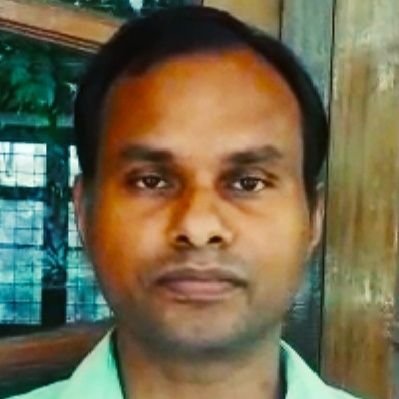Day One of Kerala SIR: BLO has task cut out – queries, confusion to assurances
Kerala CEO says BLOs distributed enumeration forms to over 2 lakh people, mainly prominent faces and senior citizens, across the state
 BLO Vineetha V K handing over enumeration form to voter Arogyaswamy
BLO Vineetha V K handing over enumeration form to voter Arogyaswamy
Standing in front of an estate’s barrack-style quarters in Kallur, which falls under the Kalpetta Assembly seat in Kerala, a government school teacher Vineetha V K flips through the electoral rolls of booth number 130.
She is one of the booth-level officers (BLOs) tasked with visiting voters as part of the Special Intensive Revision (SIR) of electoral rolls, which the Election Commission (EC) kickstarted across the state Tuesday ahead of the 2026 Assembly polls.
While her target is to verify the details of 1,082 voters of the booth, Vineetha has been given a list of only the first 300 on her first day. Finding that most voters are not part of the initial list she has received, she moves to a nearby estate factory at Peringoda, where a worker and local CPI(M) leader, Vinod V, comes to her help.
Responding to Vineetha’s gesture, another worker Ashok Kumar, 59, emerges from a hillock of tea bushes to collect four enumeration forms — one each for his family. “I will return to collect the filled-up forms. If you have new photos, please affix them on the forms. I will help you in case you have any doubts while filling them,” Vineetha tells Ashok, pointing to the BLO contact number printed atop the enumeration form.
The BLO then goes on to explain how the form needs to be filled and which Electors Photo Identity Card (EPIC) number needs to be entered in it.
But Kumar has an issue. “I have moved to a house that falls under another booth in the same Pozhuthana panchayat and want my entire family’s names shifted to that booth. Besides, my son Vaishakan’s name was added to the electoral rolls after 2002 (year when the last SIR took place),” he tells Vineetha, who replies that she would give him Form 8 to shift the names and Form 6 to add new ones. “Within the next month, I will visit you two more times as part of the SIR.”
Kumar is among those workers who have found homes outside their workplaces in the last five years, but whose votes still remain registered at their estate addresses.
Meanwhile, another worker at the estate, Arogyaswamy, voluntarily approaches Vineetha. After helping her locate his name on the list, he whips out a laminated Aadhaar card from his shirt pocket. “At this stage, no such documents are required,” she tells him.
Arogyaswamy tells Vineetha that while his four-member family — comprising his wife and two daughters — now features on the electoral rolls but his children’s names did not feature in the 2002 voter lists. The BLO then explains to him how his daughters must fill out the forms.
Vineetha then begins her interaction with another worker, Abdul Rasak, who has queries regarding filling the forms for his children Irshad and Ramsheena, whose names did not feature on the 2002 voter lists. She goes on to clear Rasak’s doubts.
“I have already mapped a section of voters in an app, which needs to be updated on a daily basis. The biggest challenge in the process is that most voters do not know their details as listed in the 2002 rolls. As a BLO, I have to find them and cross-check with the electoral rolls of 2025,” says Vineetha, who began her duty after a day’s training last week.
As part of the exercise, the BLOs are tasked with uploading the verified details of voters in the app while collecting the filled-up forms. Forms with new photographs of the voters, if any, would be handed over to the section office concerned under the District Collector, who is also the District Election Officer (DEO).
Vineetha says people are vigilant about the process but confused regarding the 2002 SIR. “Most of the men and women are at their workplaces. I will meet them in the evening once they return,” she says.
Meanwhile, Kerala Chief Electoral Officer (CEO) Rathan U Kelkar said the BLOs distributed enumeration forms to 2,07,528 people. “On the first day, forms were distributed mainly in houses of prominent personalities and senior citizens,” he said in a statement.




